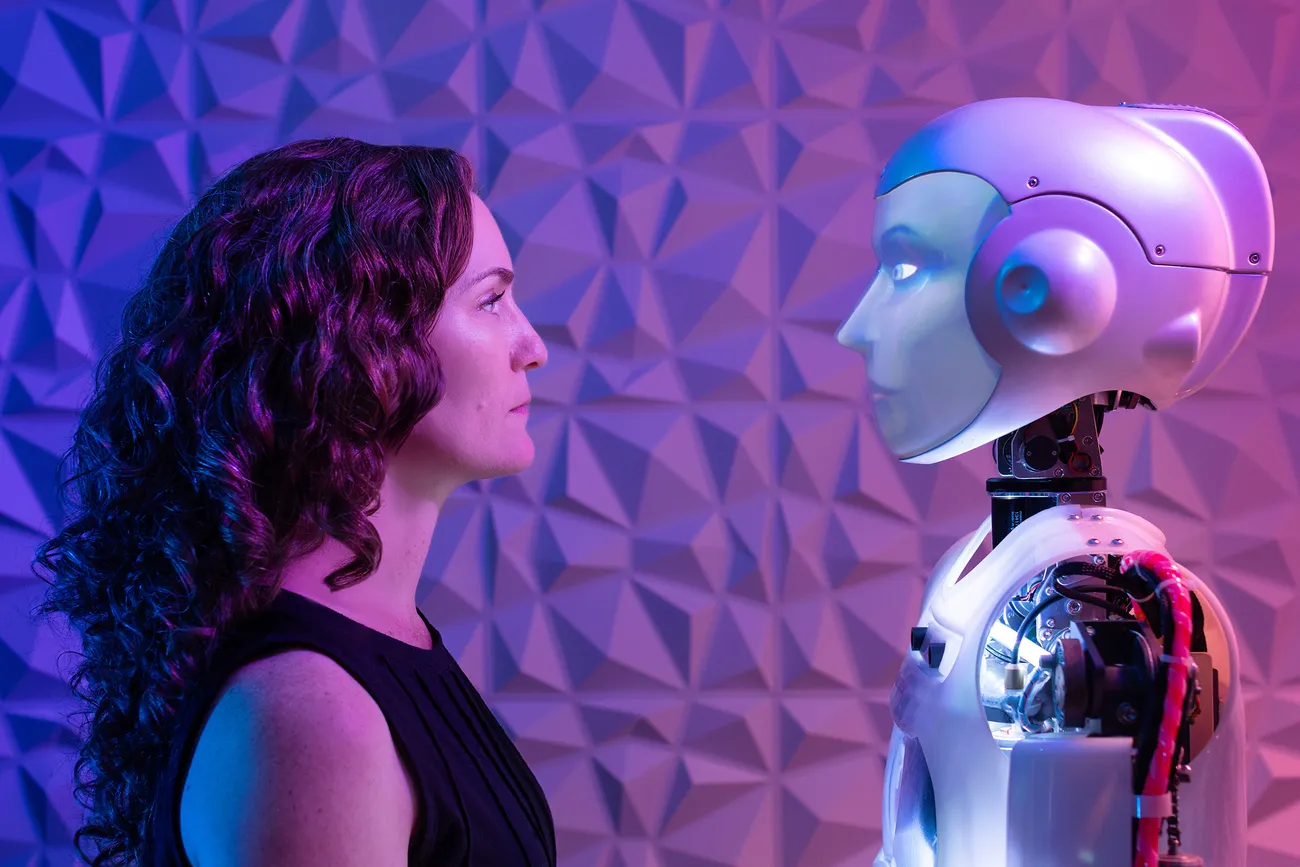The Rise of AI Companions: Helpful or Harmful?

Are AI Friendships Helpful or Harmful? Exploring the Pros and Cons …
In recent years, the emergence of Artificial Intelligence (AI) companions has sparked intense debate about their potential impact on society. While some hail them as revolutionary tools that can improve human lives, others fear they will exacerbate existing social ills. As we navigate this complex landscape, it’s essential to examine both the benefits and drawbacks of AI companions to ensure we harness their power responsibly.
What are AI Companions?
AI companions are sophisticated digital entities designed to assist humans in various aspects of life. These could range from virtual assistants like Alexa or Google Home, which control smart home devices, to more advanced chatbots that simulate human-like conversations. The latest advancements have led to the development of highly advanced AI companions capable of learning and adapting to individual users’ needs.
These digital entities can be categorized into several types, including:
1. Virtual Assistants: These are AI-powered virtual assistants that control smart home devices, schedule appointments, set reminders, and provide information on demand.
2. Chatbots: These are computer programs designed to simulate human-like conversations with users through text or voice interfaces.
3. Emotional Support Systems: These are AI-powered systems designed to provide emotional support and counseling services to individuals struggling with mental health issues.
The Benefits: Enhancing Human Life
AI companions offer numerous benefits that can improve human life in various ways:
1. Accessibility: AI companions can provide assistance to individuals with disabilities, such as visual or hearing impairments. They can also serve as language translation tools for people traveling abroad.
2. Convenience: Virtual assistants like Siri, Google Assistant, and Alexa have streamlined daily tasks by controlling smart home devices, scheduling appointments, and setting reminders.
3. Mental Well-being: AI companions can offer emotional support to individuals struggling with mental health issues. They can engage in conversations that simulate empathy and understanding.
Some examples of AI-powered mental health applications include:
- Woebot: An AI-powered chatbot designed to provide emotional support and counseling services to individuals struggling with depression, anxiety, and other mental health issues.
- Wysa: An AI-powered emotional support system designed to provide personalized advice and therapy sessions for individuals struggling with mental health issues.
Practical Tips:
- Use virtual assistants to schedule appointments, set reminders, and control smart home devices.
- Utilize language translation tools to communicate with people from different cultures.
- Explore AI-powered mental health applications like Woebot or Wysa to access emotional support and counseling services.
The Drawbacks: Potential Negative Impacts
However, the benefits of AI companions are not without their drawbacks:
1. Job Displacement: The rise of automation and AI assistants could lead to job displacement in sectors where tasks are repetitive or can be easily automated.
2. Dependence on Technology: Over-reliance on AI companions may erode critical thinking skills, as humans become accustomed to relying on technology for even the most mundane tasks.
3. Social Isolation: Excessive use of AI companions could lead to social isolation, as individuals substitute human interaction with digital connections.

The Rise of AI Companionship – Syracuse University
Some examples of industries that are at risk of job displacement due to automation include:
- Customer Service Representatives
- Data Entry Clerks
- Bookkeeping and Accounting Clerks
Case Study: The Impact of Automation on Jobs
A study by the McKinsey Global Institute found that up to 800 million jobs could be lost worldwide due to automation by 2030. However, the same study also noted that while automation would lead to job displacement in some sectors, it would create new job opportunities in others.
Practical Tips:
- Develop skills that are less susceptible to automation, such as critical thinking, creativity, and problem-solving.
- Explore emerging industries like artificial intelligence, machine learning, and data science.
- Consider upskilling or reskilling to adapt to changing job market demands.
Real-World Applications: A Double-Edged Sword
AI companions are already being used in various industries and applications:
1. Healthcare: AI-powered chatbots can help patients manage chronic conditions by providing personalized advice, medication reminders, and support.
2. Education: Virtual teaching assistants can enhance learning experiences for students, offering real-time feedback and adaptive assessments.
3. Mental Health: AI companions are being developed to provide emotional support and therapy sessions for individuals struggling with mental health issues.
Some examples of AI-powered healthcare applications include:
- IBM Watson for Oncology: An AI-powered system designed to help oncologists diagnose cancer and develop personalized treatment plans.
- Medtronic’s DreamWire: An AI-powered system designed to monitor patients’ brain activity during sleep, helping them manage conditions like sleep apnea and insomnia.
Practical Tips:
- Explore AI-powered healthcare applications to access personalized advice and support for managing chronic conditions.
- Consider using virtual teaching assistants to enhance learning experiences in education.
Conclusion: Navigating the Complex Landscape of AI Companions
In conclusion, AI companions represent a double-edged sword. While they have the potential to enhance human life in numerous ways, they also pose risks that must be carefully considered. As we move forward, it’s essential to strike a balance between harnessing the benefits of AI companions and mitigating their negative impacts.
By adopting responsible and ethical guidelines for the development and use of AI companions, we can ensure they augment our lives without diminishing them.
Some key takeaways from this article include:
- AI companions offer numerous benefits that can improve human life in various ways.
- The rise of automation and AI assistants could lead to job displacement in sectors where tasks are repetitive or can be easily automated.
- Over-reliance on AI companions may erode critical thinking skills, as humans become accustomed to relying on technology for even the most mundane tasks.
Practical advice:
- Develop skills that are less susceptible to automation, such as critical thinking, creativity, and problem-solving.
- Explore emerging industries like artificial intelligence, machine learning, and data science.
- Consider upskilling or reskilling to adapt to changing job market demands.
By understanding both the benefits and drawbacks of AI companions, we can navigate this complex landscape with confidence, fostering a future where technology serves humanity rather than the other way around.

AI companions are changing people’s lives but what are the risks …
